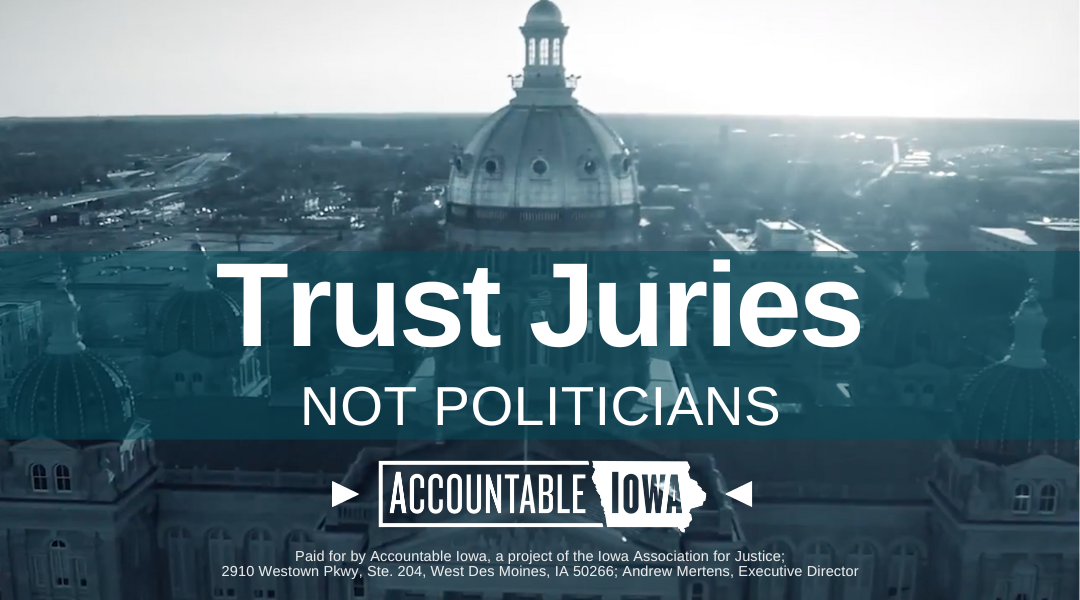The Iowa Legislature passed a bill establishing a 72 hourwaiting period before an abortion could be performed in 2017. Planned Parenthood of the Heartland sued Governor Reynolds and the Iowa Board of Medicine claiming the law was unconstitutional. The Iowa Supreme Court ruled in a 5-2 decision in 2018, that the Iowa Constitution gives a constitutional right to an abortion to Iowans, and declared the law unconstitutional.
In fact, there is no mention of abortion in the Iowa Constitution, and the Court did not even claim that the people who wrote the Constitution intended to provide for a constitutional right to abortion. The Court said that they were not bound by the intent of those who wrote ourConstitution.
After that, in 2020, we passed a bill requiring a 24-hour waiting period before an abortion could be performed. A Johnson County District Court Judge then declared that law unconstitutional in 2021, based on the earlier Supreme Court decision in a case brought by Planned Parenthood of the Heartland.
The State of Iowa has appealed that decision. I, along with a number of other legislators have filed an Amicus briefarguing that the 2018 decision should be overturned since it is clearly wrong.
The makeup of the Iowa Supreme Court has changed significantly since the 2018 decision and we have hope that the current court will be more inclined to respect the intent of those who wrote our constitution.
In addition to this law, we have also begun the process of amending our constitution to say that it does not contain a right to an abortion. As you may know, to amend our constitution, we must pass the amendment in 2 consecutive sessions and it must then be approved by a vote of the people. Even if this amendment is approved, we still have to deal with Roe v. Wade, at the national level.
In a significant ruling, the U.S. Supreme Court has just declined to stop a Texas law outlawing abortions after a heartbeat can be detected, from going into effect. This is not a final ruling on the constitutionality of the law, but the fact that the Court allowed the law to go into effect is encouraging. The Texas law is unique in that it provides that private individuals, not the state, are authorized to sue to enforce it. A successful litigant is to receive a minimum of $10,000.00 in damages and an injunction sufficient to prevent the defendant from violating the law, as well as attorney fees and court costs. This feature of the law is what makes it unique. I do not know of any other state that has passed a law with this kind of provision.
The Texas case may have influence beyond Texas because any state’s laws concerning abortion will have to receive the approval of the U.S. Supreme Court. If we win our case before the Iowa Supreme Court, Planned Parenthood could still sue the State of Iowa in federal court. If the Texas law is ultimately upheld, other states will likely pass similar laws.
















